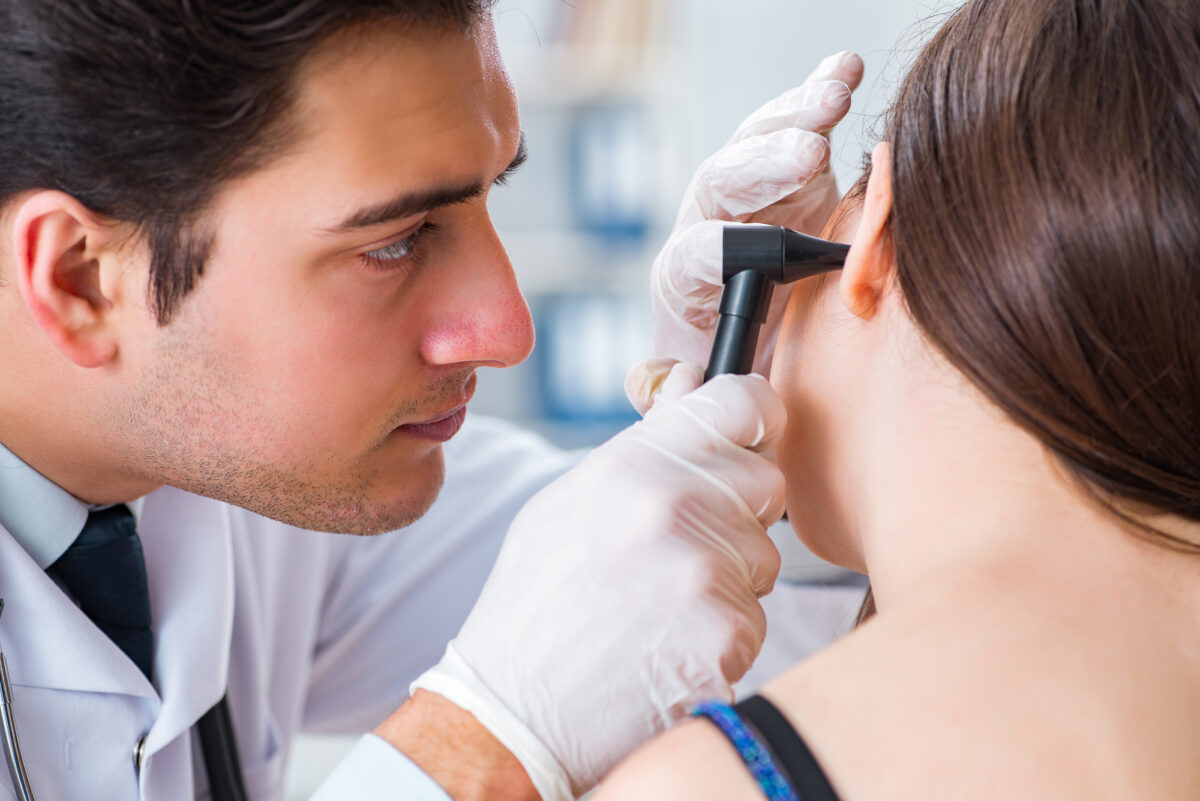- Prioritize Better Hearing in the New Year! - December 19, 2022
- This November, Test Your Hearing in Honor of American Diabetes Month - November 15, 2022
- How Often Should I Get a Hearing Test? - October 10, 2022
In the 1970s, it was clear that the trend of diabetes cases within the US was climbing. To bring more awareness and attention to the disease, a National Diabetes Month was created. Today, almost fifty years later, American Diabetes Month helps to educate folks on diabetes and provide resources for those living with it.
A study done in 2008 confirmed what experts had investigated for many years: diabetes increases the risk of hearing loss. However, the research presented by the National Institutes of Health showed a much more dire situation than anticipated: people with diabetes are twice as likely to have hearing loss and those with prediabetes were thirty percent more likely to experience the condition.
This November, as we recognize American Diabetes Month, make it your business to schedule a hearing consultation before the New Year.
Diabetes in the United States
When the previously mentioned NIH study was published in 2008, the number of people within the US with a diabetes diagnosis was around 21 million. Today, we count more than 37 million cases of diabetes in this country. As more and more people become diabetic, so too do their odds of future hearing loss.
How diabetes affects hearing health
The fundamental challenge of diabetes is the body’s ability to provide or use insulin. The pancreas produces insulin which is released when food is digested, broken down into the building blocks of energy. One such building block is glucose, or sugar, a type of energy typically fueling individual cells with the bloodstream. When glucose hits the bloodstream, blood sugars rise summoning insulin, necessary for the efficient delivery of glucose into our cells. In diabetics, this process is interrupted and without sufficient insulin, the energy cannot be transferred to the cells. Blood sugar levels are unregulated, resulting in spikes and drops.
Scientists think that chronic hypoglycemia, when blood sugar levels are dangerously high, nerve damage in the inner ear, decimating these sensitive cells. When blood sugar levels are chronically low, referred to as hyperglycemia, there is a stanch in blood flow to the ear.
These same spikes and drops in blood flow are what cause tissue damage to more commonly known diabetes complications like vision decline, kidney damage and limb health. Hearing loss is an under-represented complication that can be overlooked by many medical providers and people living with diabetes.
Ways to protect hearing health with diabetes
Managing blood sugar levels can help alleviate the toxicity created by long periods of elevated or depressed blood sugars. It also helps to manage the diabetic condition with intentional diet changes and increased activity levels. Even small and slow steps towards these lifestyle changes can make an impact. Medication may be prescribed by your physician and can help to control blood sugar levels and other implications of diabetes.
Diagnosing diabetes itself can be done with a simple blood test. The most common indicators that you might have the condition include increased thirst, frequent urination, sudden weight loss, and blurred vision. Bring up your concerns with your primary physician who will likely recommend diabetes testing. Some at-home testing kits are also available, though their results will be less reliable than one from a doctor’s office.
Catch hearing loss early
Hearing checks should be routine for people with diabetes or prediabetes. Catching hearing loss early can help retain a more vibrant quality of life for decades to come. The onset of hearing loss can be subtle, with the average person waiting up to ten years before deciding to confront hearing loss and intervene. Although most cases of hearing loss are irreversible, it is a highly treatable condition.
Even people without diabetes should include regular hearing exams in their health plans. A good rule of thumb to follow is one exam every ten years. After the age of 50, a person should have their hearing checked once every three years over 50 and people over the age of 65 should have an annual exam.
Schedule a hearing exam before the end of the year
It’s a simple appointment to make! Schedule a hearing consultation with our highly trained team in honor of American Diabetes Month and get your hearing exam results before the end of the year.

